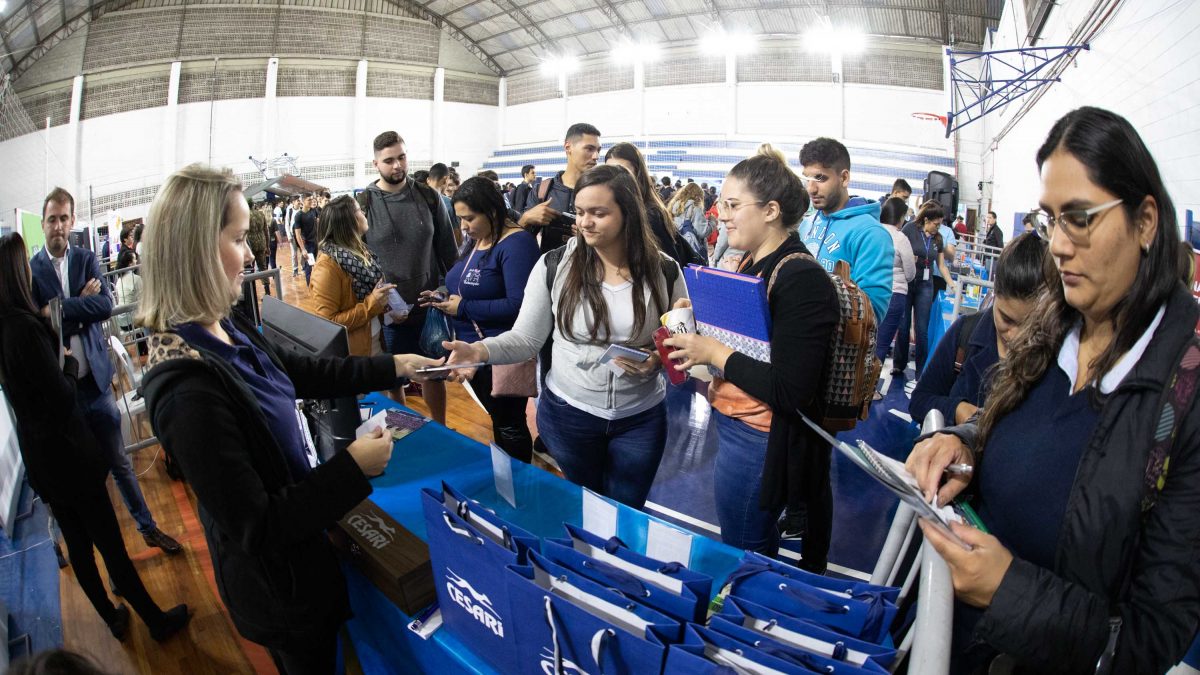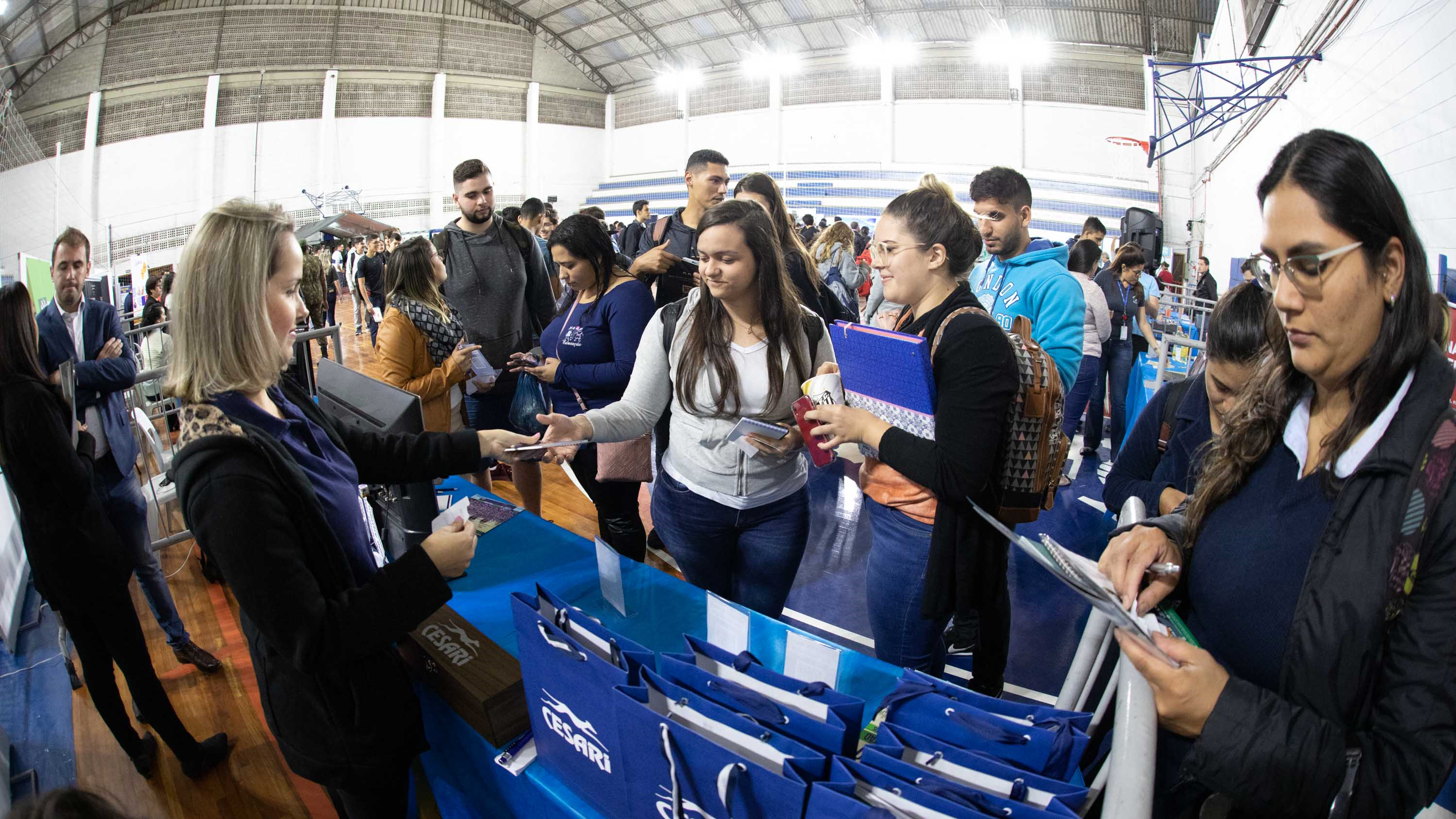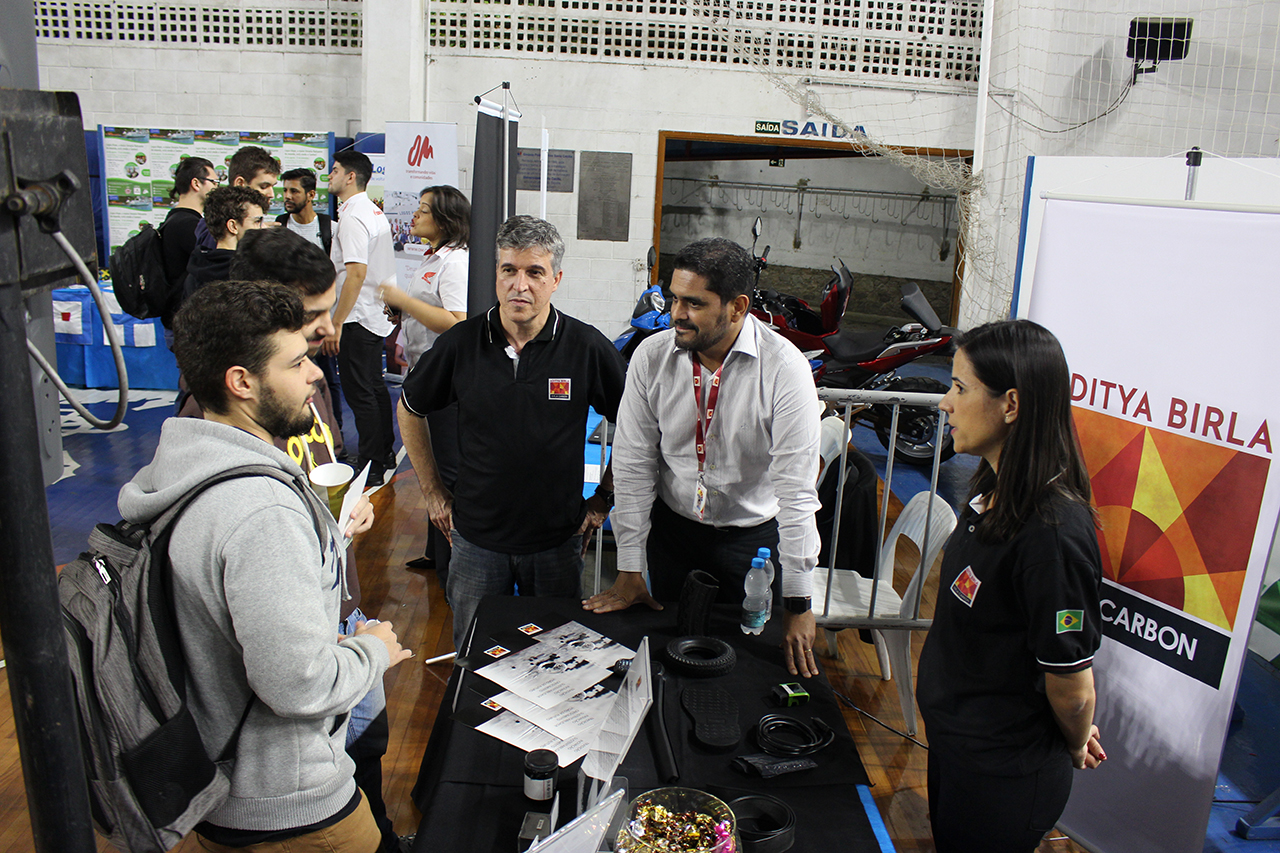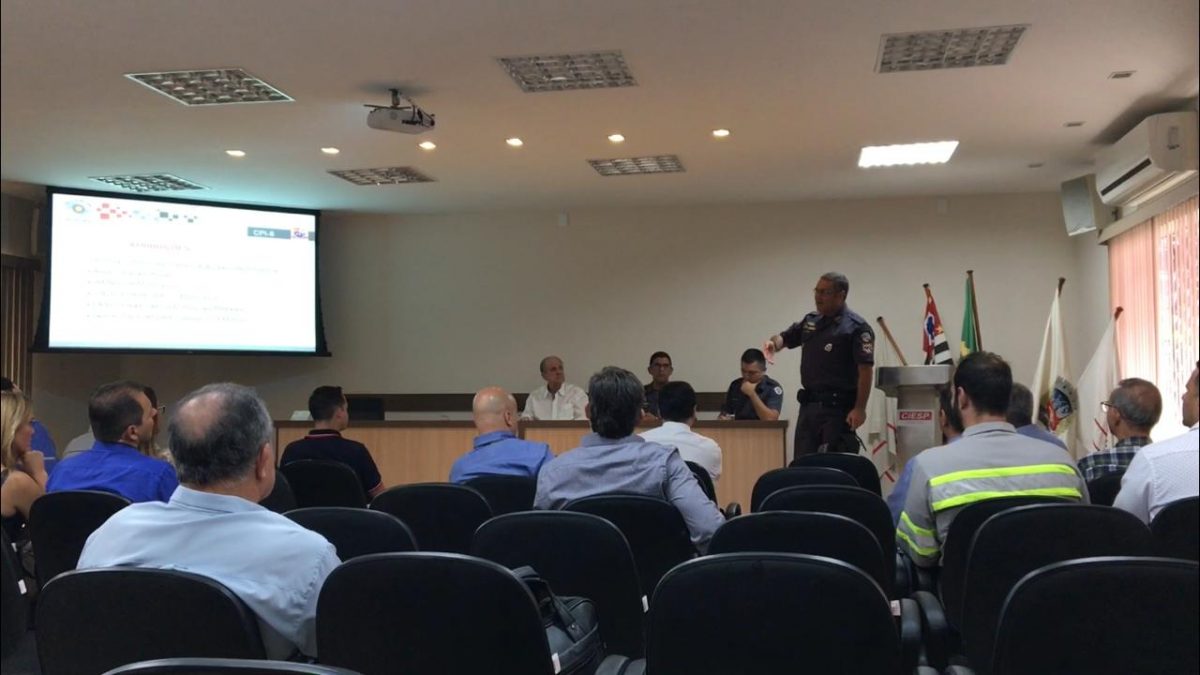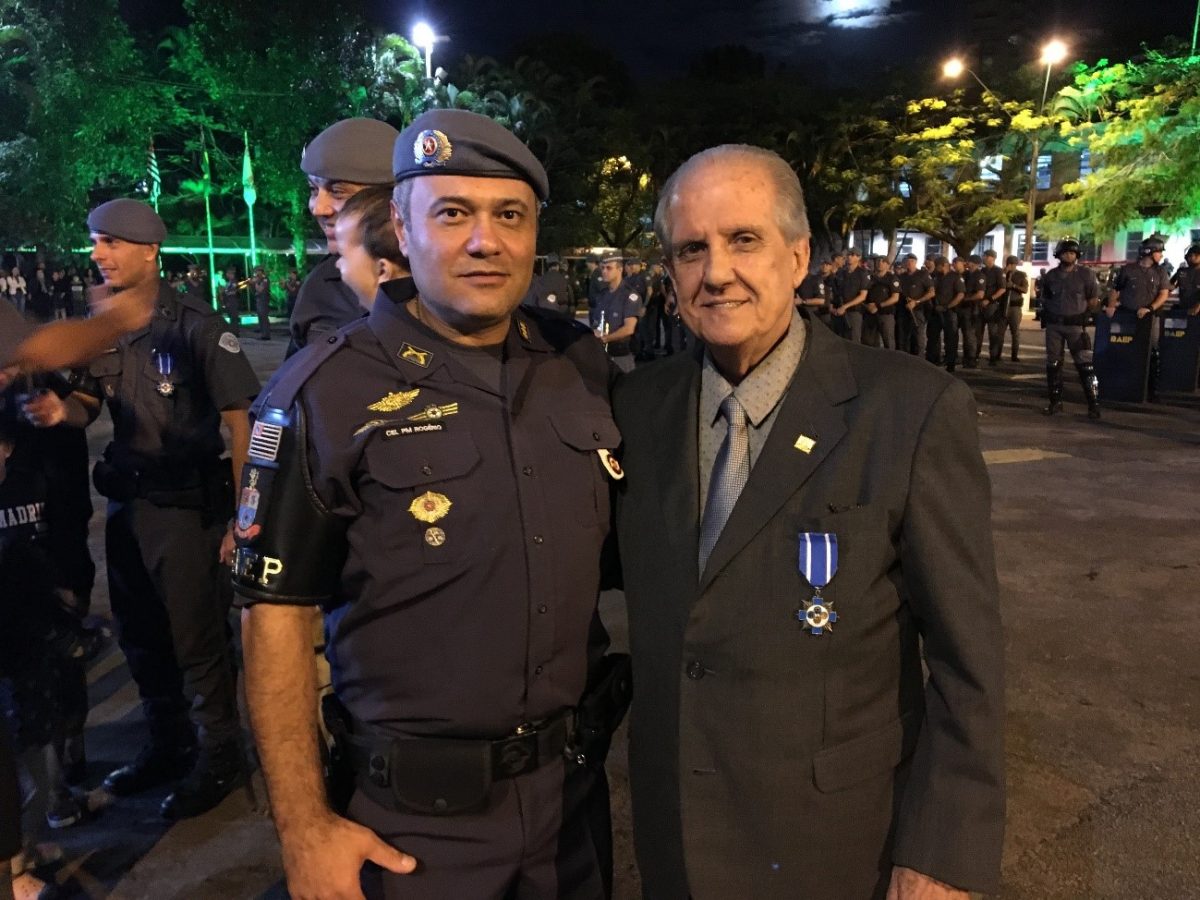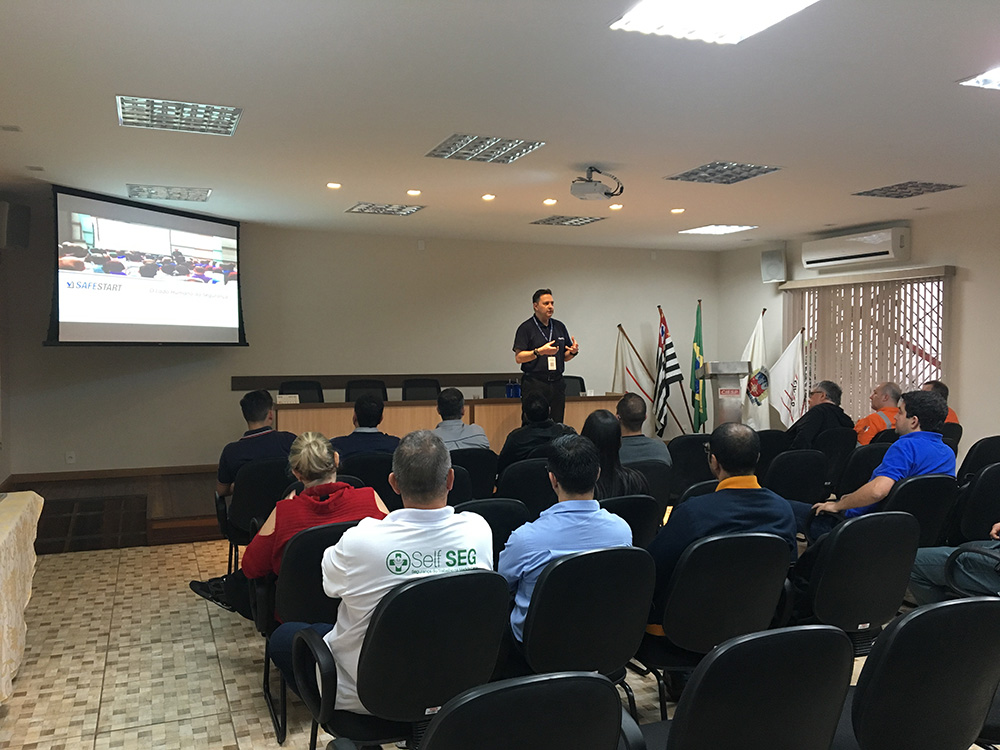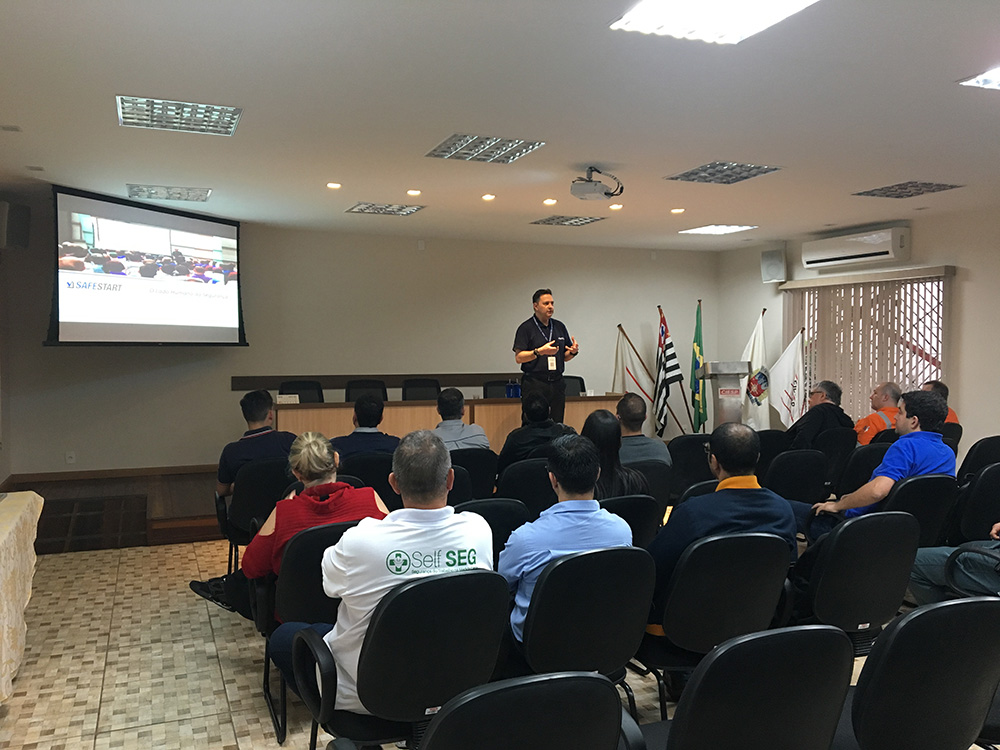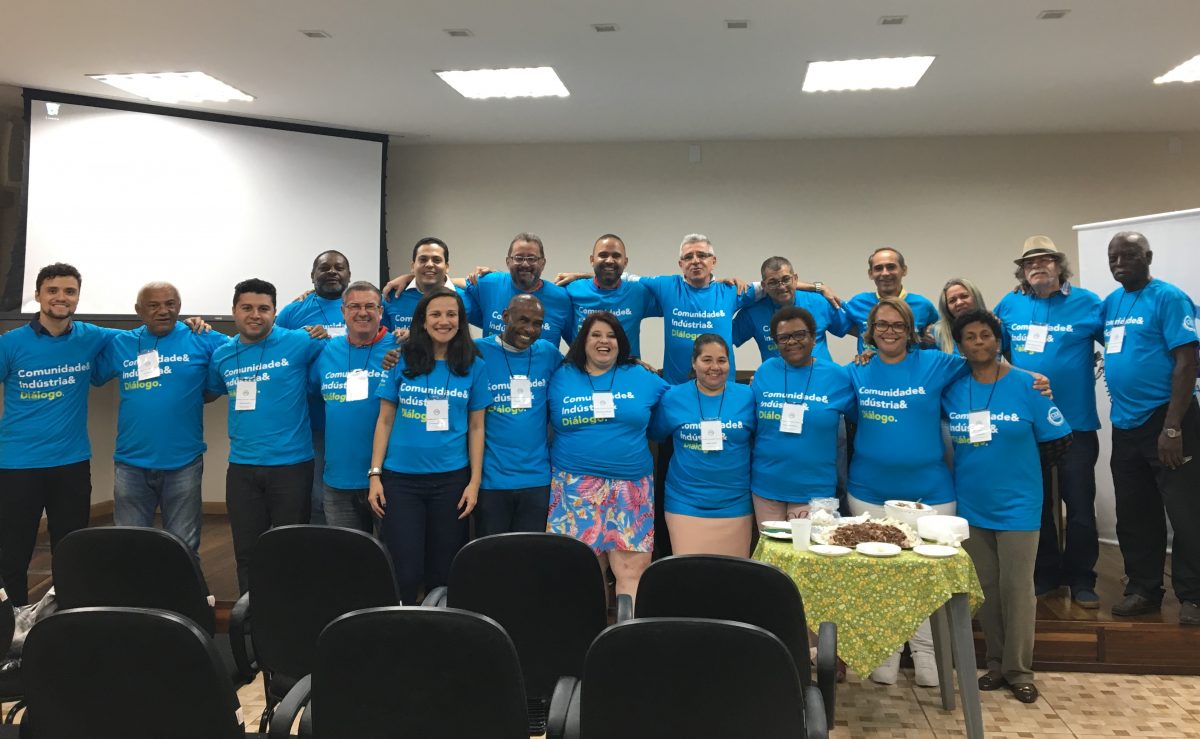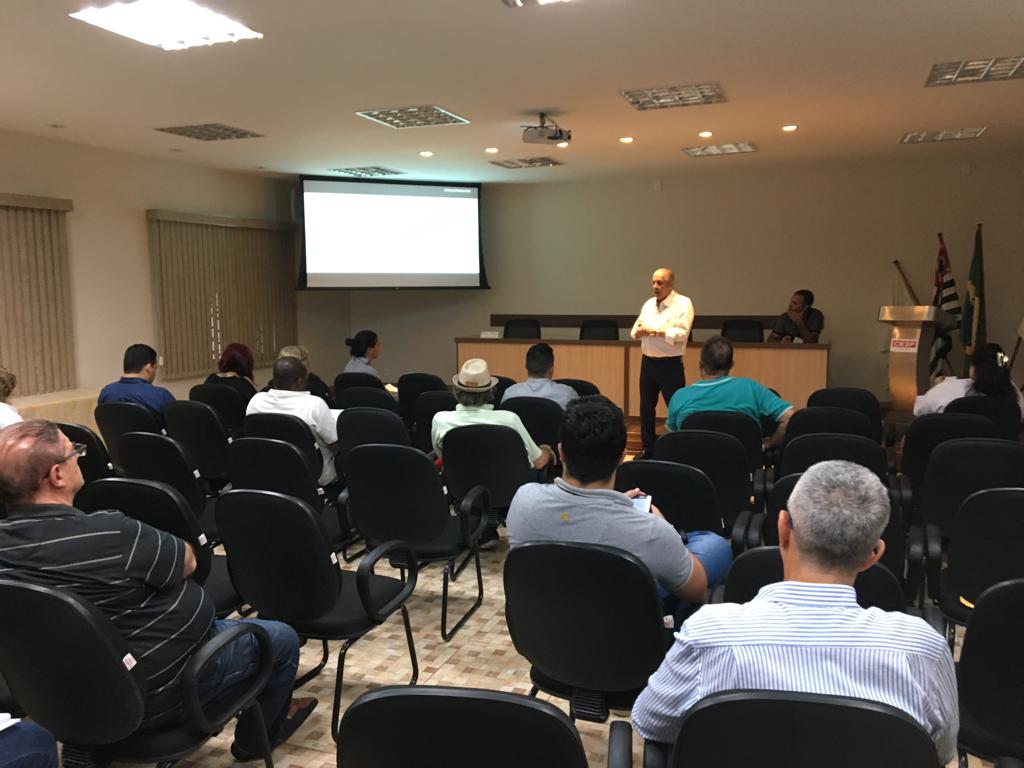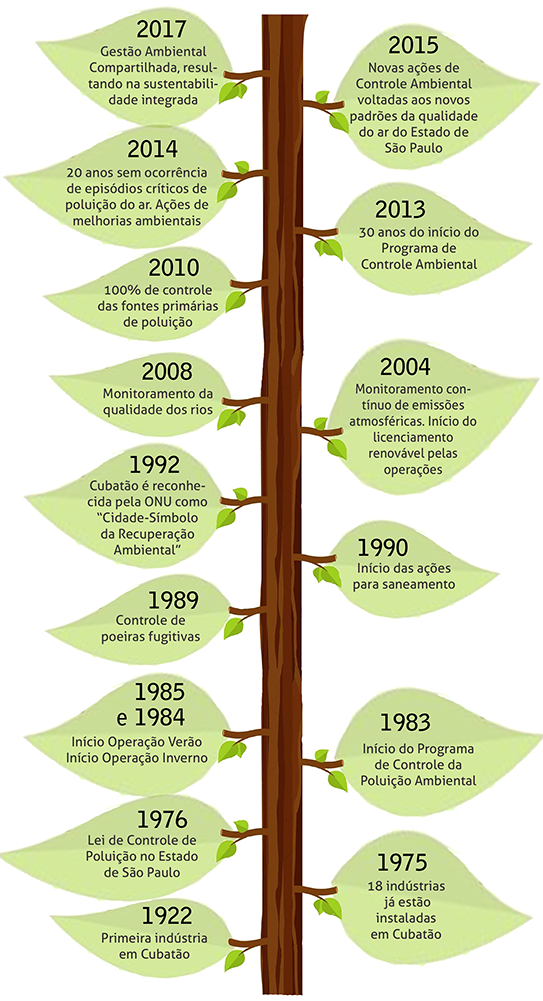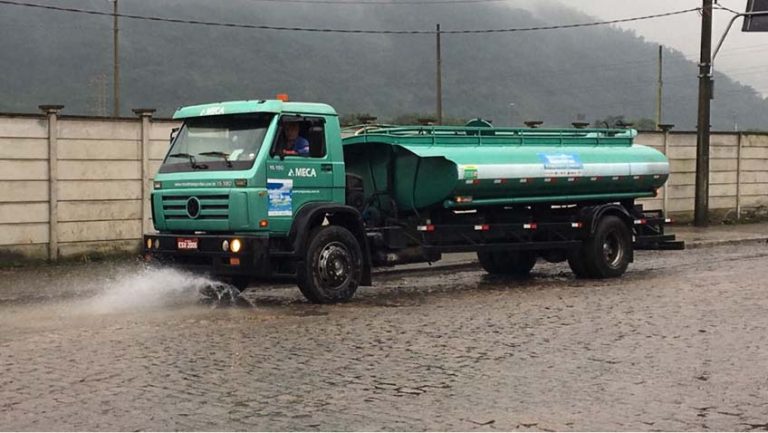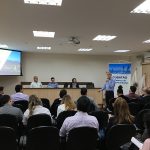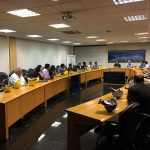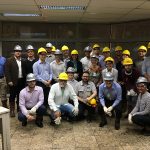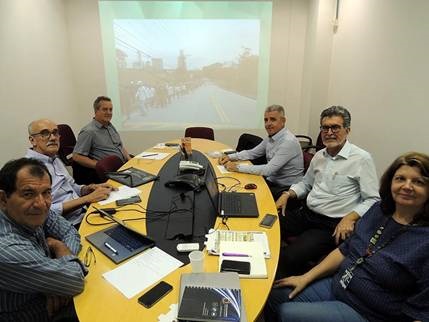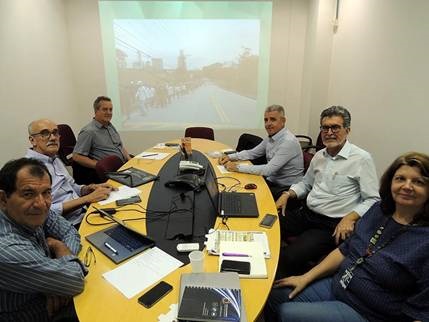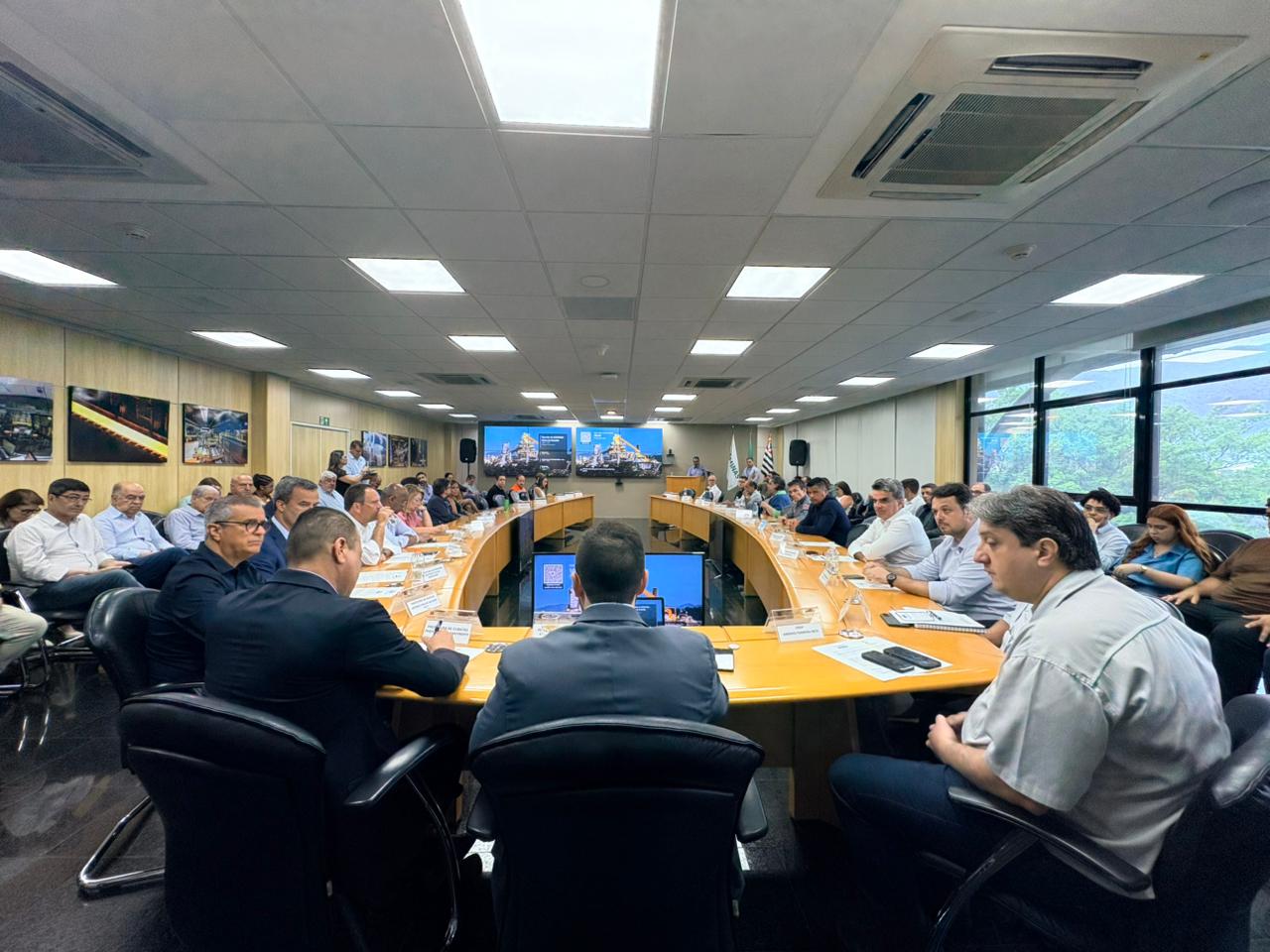As empresas Birla Carbon e Grupo Cesari estiveram presentes na 10ª Feira de Carreiras, realizada pela Universidade Santa Cecília (Unisanta) no último dia 15, em Santos. O evento, que contou com a participação de cerca de 3 mil alunos e egressos, teve o objetivo de aproximar os estudantes da Universidade ao mercado de trabalho.
Os participantes puderam conhecer o negro de fumo, matéria-prima produzida pela Birla Carbon, e entender como funciona o complexo logístico do Grupo Cesari. Também tiveram a oportunidade de inteirarem-se sobre os demais trabalhos diários das empresas nas unidades de Cubatão e de como seus produtos e serviços contribuem para o segmento industrial.
Além das indústrias que representaram o Polo Industrial do município, outras empresas conceituadas de diversos segmentos apresentaram seus materiais institucionais e instruíram sobre seus processos de cadastramento de currículos e oportunidades.
Para o gerente de Recursos Humanos, Gilson Oliveira, a feira é uma grande oportunidade para compartilhar experiências. “Nossa participação neste evento foi fundamental, pois, através do contato direto com os alunos da instituição, pudemos falar sobre a atuação do Grupo Cesari e a importância da logística para o desenvolvimento da nossa região. Além disso, foi uma oportunidade de apresentar aos alunos as perspectivas reais de carreira que existem nesse segmento.”
“É um privilégio para nossa equipe de Recursos Humanos ser convidada a participar desse momento muito importante, pois conseguimos divulgar a marca, conversar com estudantes da região, destacar a nossa unidade em Cubatão e a importância da Birla Carbon para o mundo”, destaca a supervisora de Recursos Humanos, Marcela Santos.
Para Rodrigo Reis Sessa, Diretor de Relacionamento e Novos Mercados, a 10ª Feira de Carreiras é um evento importante para os alunos por terem contato direto com grandes empresas e para as empresas, por terem a chance de identificar futuros talentos para formar seu quadro funcional. “A 10ª Feira de Carreiras é um evento de oportunidades para todos, de conhecimento e enriquecimentos acadêmico, profissional e pessoal”, afirma Rodrigo.

